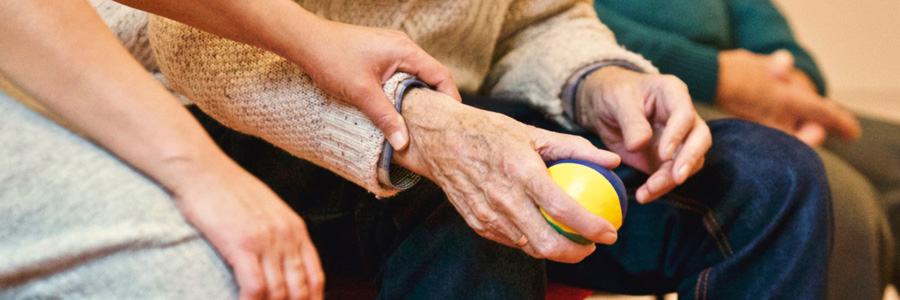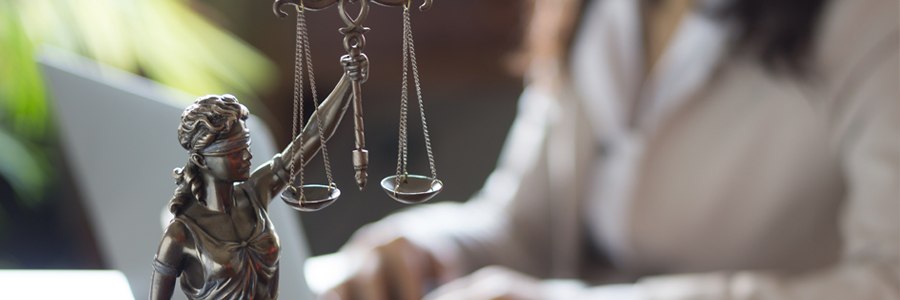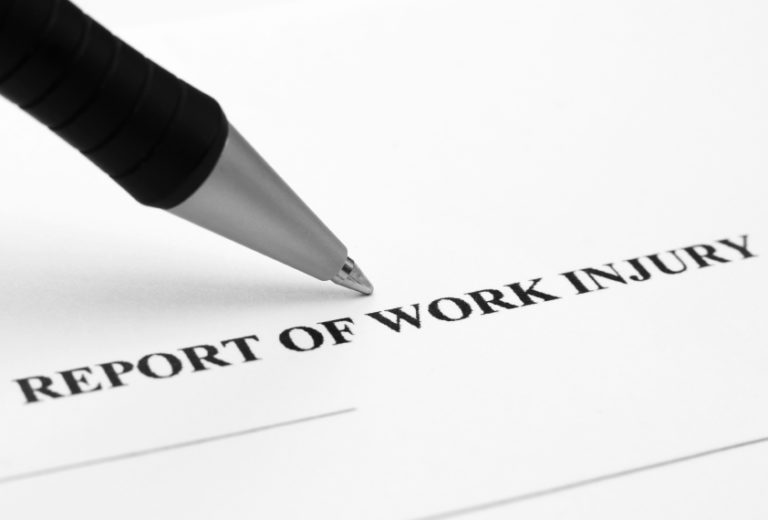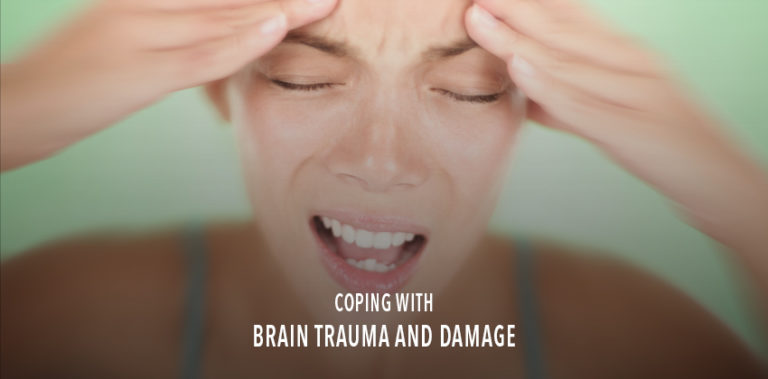Coping With Brain Injury: How to Help a Loved One
Caring for a loved one while they’re coping with brain injury is hard, and can be heartbreaking.
Traumatic brain injury affects more than just the victim. It can cause pain and suffering to the entire family, especially when the victim has suffered permanent brain damage.
It’s awful to watch someone you love go through such a hard time, especially when it wasn’t their fault.
The tragic reality is that brain injury is the leading cause of disability or death for Canadians under the age of 40. Motor vehicle accidents, sports injuries, and slip and falls are among the most common causes of brain injury in the country.
Helping someone while they’re coping with brain injury is an exhausting, tough task.

How to Identify a Traumatic Brain Injury
If you suspect that friend or family member is experiencing a brain injury, there are certain common brain injury symptoms you should look for.
Physical symptoms include pain such as headaches, balance issues, light sensitivity, blurred vision, and coordination issues. Stiffness in the head or neck can also be a physical indication of concussion, head injury, or brain injury.
It’s also extremely important to pay attention to any mental symptoms the victim could be experiencing. These could be indicators that there is other brain damage that could last for a longer period of time, if not permanently.
Look for disorientation, memory impairment, confusion, or inability to concentrate. These are some key indicators that a brain injury has occurred.
Always seek medical care at the first sign of any symptoms. The sooner you get care, the better your chances will be that they’ll recover positively.

The Dangers of Head Injury in Children
If it’s your child that’s suffering from the traumatic brain injury, there are some long term effects they could be at risk for.
There are two types of head injury in children: external and internal.
External injuries are usually injuries to the scalp, which result in minor damage such as cuts, bruises, and swelling. These types of injuries are generally not life-threatening and do not last for a long period of time.
However, internal injuries are much more serious and can lead to brain injury. These types of injuries usually include damage to blood vessels, broken skull bones, or bruising on the brain.
A child’s brain is extremely fragile. Brain injury in a child could mean permanent damage.
Severe brain damage can lead to conditions such as aphasia, which is a communication disorder that causes difficulty speaking, listening, reading, and writing. This could happen to anyone, at any age, who acquires a brain injury.

Treatment for Traumatic Brain Injury
There are a few different treatments for traumatic brain injury to look into. These include medicines, rehabilitation, therapy, or even counselling.
Your doctor will have a better idea of which treatment is right for your loved one’s specific situation.
While the victim is going through treatment, the best thing you can do is offer your support. Help them get to and from appointments, keep their home environment stress free, and ensure that they have a schedule or routine to follow to keep moving forward.
You also might need to change your space around at home in order to accommodate the victim’s new needs. This happens on a situation-specific basis, and the doctor will let you know what’s needed.

How to Help Someone Recovering From a Brain Injury
Brain injury recovery is no easy task, and sometimes victims suffer permanent brain damage that will impact them for the rest of their life.
One of the best things you can do is be there for the victim and support them during this horrible time.
It’s important to understand that it is going to be frustrating, not only for you but for the victim as well. They could experience a variety of issues pertaining to their behaviour, motor function, cognitive function, and physical condition.
Here is just a short list of the many possible consequences of brain injury that your loved one could go through:
- Depression
- Irritability
- Memory loss
- Loss of senses (touch, hearing, etc)
- Balance and coordination issues
- Social immaturity
- Headaches
- Impulsiveness
- Inability to process information
- Seizures
- Difficulty paying attention
There are many specific things you can do to help them recover their cognitive and physical function, and these vary depending on factors such as the type of injury or how serious it is. The victim’s doctor or therapist can walk you through some exercises that will help.
A personal injury settlement is also an important step to take in helping the victim recover. Making a claim can help them get the compensation they deserve to carry on with their life.

Making a Claim and Seeking Brain Injury Compensation
As a caregiver, if your loved one isn’t capable of filing a lawsuit on their own, you can do so on their behalf.
They could be entitled to long term disability benefits, as well as compensation for their pain and suffering, lost wages, and loss of quality of life.
You’ll need to make sure you have enough evidence to prove that the accused was liable for your loved one’s injuries. In addition, you have to be able to prove that the injuries came from the accident or injury the other person caused.
This can include anything connected to the injury, including the following items:
- Photographs
- Medical records
- Police reports
- Witness accounts
- Receipts from treatment items, such as prescriptions
It’s essential that you have a strong, aggressive personal injury lawyer by your side when you go up against the accused and their insurance company.

Contact Conte Jaswal to Get Compensation For Your Loved One
It’s not fair to have to watch your loved one go through this because of someone else’s carelessness.
At Conte Jaswal, we are empathetic to your situation. We know the pain and suffering you and your family have gone through, and we know how unfair it is that you’re dealing with this.
Our lawyers are highly experienced in going up against insurance companies, and we know how to make sure you get the settlement you deserve. It won’t change what happened to you or your loved one, but it will help you to move on with your lives.
Contact us now to book a free, no-obligation consultation with our team. We’ll get you started on the path to justice and compensation, and help you help your loved one.





